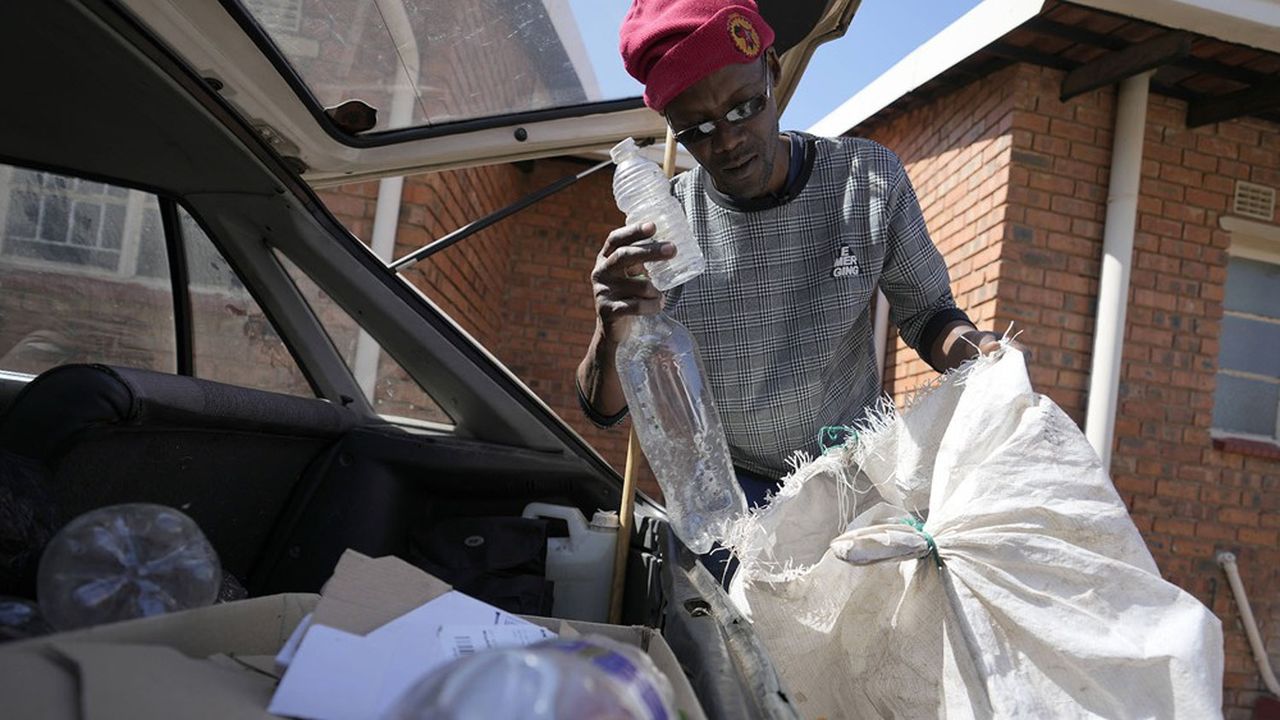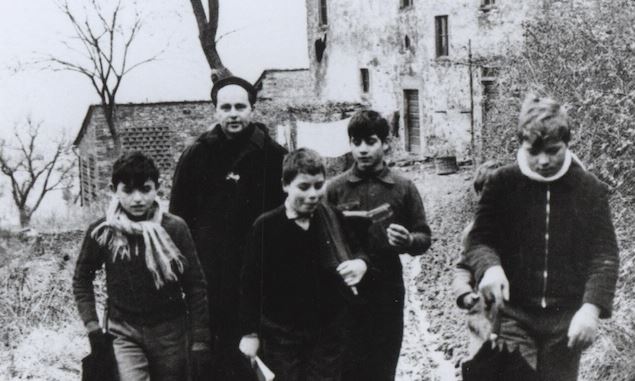
Sitting on a bench at a community centre in Soweto township, Hloni takes a break before returning to training in audiovisual production. A field far removed from what he studied, since he has a degree in financial information technology. But this has not led to him finding stable employment, and he has been doing odd jobs since finishing his studies.
His last contract was in February. “I had to move back in with my parents, as I didn’t have any more money to rent,” says the 33-year-old South African. And in my circle of close friends, out of five of them, two are trying to start their own business, and the other three are unemployed. “So yeah, this whole situation is not pretty.”
Unemployment reached, according to the latest available figures, 33.5% between April and June, a third consecutive increase and the highest rate in two years. Taking the broader definition of the national statistics institute, which includes those who have given up all job search, the figures climb even to 42.6%.
Sluggish growth
“The number of jobs created is not enough to counter unemployment,” lamented Risenga Maluleke, head of the institute. This number is even decreasing since 92,000 people lost their jobs between the first and second quarters of the year, particularly in the trade and agriculture sectors. South Africa could have hoped that the end of the power cuts since March would improve things on the employment front, but there has not yet been any direct impact.
“We know that education continues to be a factor: the lower the level of education, the greater the risk of unemployment,” explains Ariane De Lannoy, who works at the Southern African Labour and Development Research Unit (Saldru) at the University of Cape Town. “Young people are also more affected, because they have less experience in the labour market. But at a macroeconomic level, there is above all the fact that the economy is not progressing enough to encourage job creation and for this creation to be inclusive for all the different populations.”
For 2024, the IMF predicts that South Africa’s growth should settle at just below 1%. Not enough to create massive jobs. The ANC, in power within a coalition, reacted following the publication of these latest figures, explaining that it was not focusing on fluctuations by quarter and instead considering a “longer period.”
Inequalities in job search
The country’s huge inequality has an impact on finding a job. “Submitting a CV or going to an interview is a cost to me, I have to spend money to hope to earn money,” laments Hloni, who must also factor in the cost of transport to get out of the township. “I don’t have the funds for that.”
Some sections of the population are even more affected by these inequalities: “In the research we are conducting with young people without education, employment or training, we observe that they are more at risk of finding themselves in this situation if they are black, female, if they live in a household with children under the age of seven, and if they live below the poverty line,” notes Ariane De Lannoy. “All these factors create additional barriers” in the search for employment within the rainbow nation.





